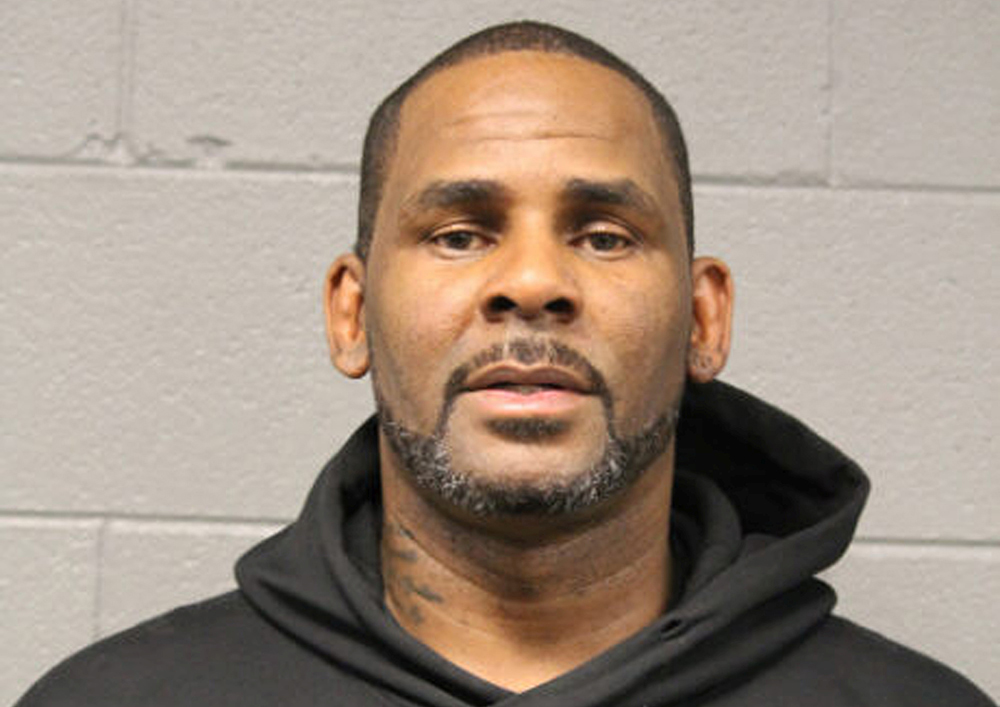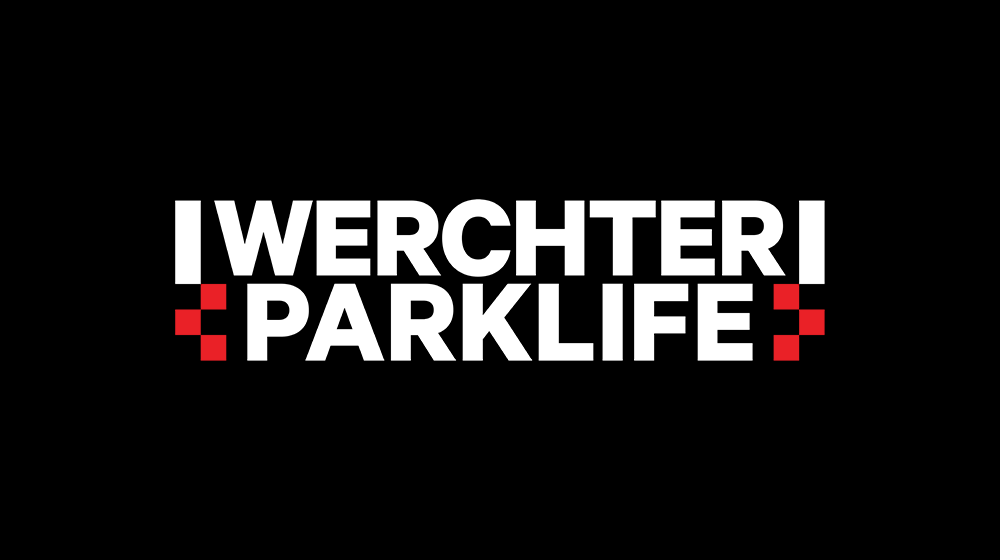BANGOR, ME (CelebrityAccess) — Maine’s Democratic Governor Janet Mills signed into law on Wednesday a bill imposing new consumer protections in event ticketing, including a cap on resale prices in the secondary market.
The legislation, titled Maine Public Law Chapter 354, affects both primary and secondary ticketing and aims to make the concert ticket-buying experience more consumer-friendly.
Under the new law, all ticket sellers are required to clearly disclose the total price of tickets, including all mandatory fees, and to display that total price more prominently than any other pricing information.
Sellers must also provide a detailed breakdown of all fees and disclose the seat number or section associated with the ticket at the time of purchase.
The legislation also strengthens refund requirements, mandating that ticket resellers provide refunds if an event is canceled, the ticket is counterfeit or otherwise invalid, the buyer does not receive the ticket in time, or the seller made material misrepresentations.
In addition, the law prohibits a range of practices, including selling speculative tickets, reselling the same ticket more than once, and using bots to circumvent ticket-purchase limits.
Notably, the legislation caps ticket resale prices at 10% above the original total ticket price.
The Maine Attorney General is responsible for enforcement, and violations will be treated as unfair trade practices under state law, with penalties of up to $10,000 per violation.
The law, signed on Wednesday, will take effect in 90 days.
Following its passage, some industry stakeholders praised the measure. The National Independent Venue Association (NIVA) voiced its support.
“By creating this law, Maine’s state elected leaders have shown the rest of the country what’s possible,” said Stephen Parker, Executive Director of NIVA and Co-Chair of the Fix the Tix Coalition. “This legislation doesn’t just protect fans—it rebalances the live event ecosystem to put power back in the hands of consumers, artists, and venues. By banning fake tickets, capping resale at a fair 10% above face value, and ensuring clear accountability for deceptive practices, Maine has created a blueprint for ticketing reform that other states and Congress should now follow.”
Others raised concerns about the bill, including secondary marketplace StubHub, which opposed the measure in its current form. In a statement to the Bangor Daily News, a spokesperson for StubHub said the legislation will “reward the Live Nation–Ticketmaster monopoly while putting fans at risk” and criticized the “artificial price cap” on secondary market resales.
“We urge the state to rethink this law to protect Maine fans,” said Dave Garriepy, the company’s senior government affairs manager.

























































